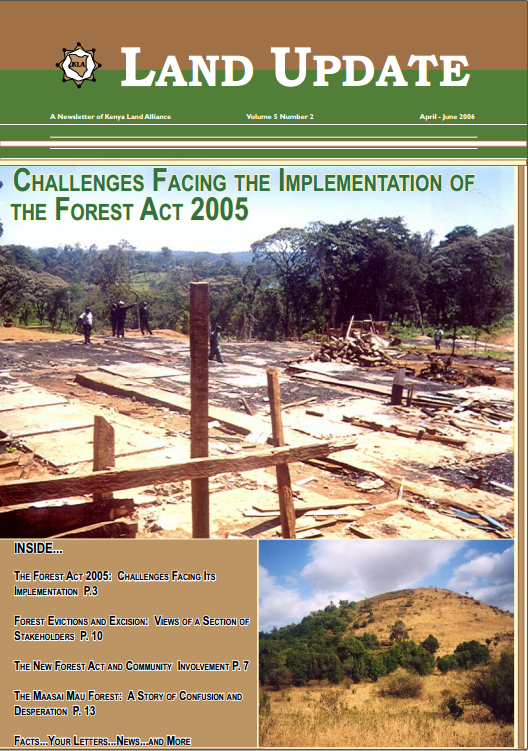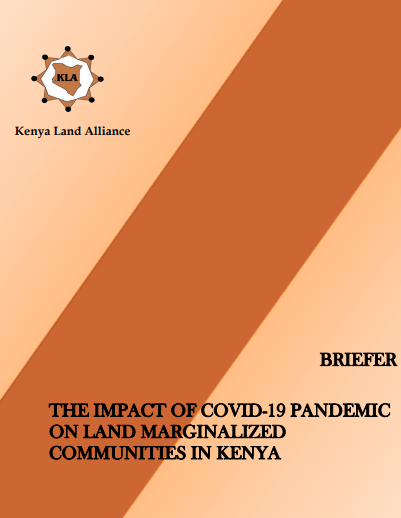Regulation on terms and conditions for the management, assignment of maintenance and restoration activities, assignment of tourist activities, security and control in forests, lands and water areas of the protected territories (state property).
This Regulation determines the conditions for: management, assignment of maintenance and restoration activities; assignment of tourist activities; implementation of forest security and control issues; implementation of management issues as regards the water areas present on the territory of previously designed state owned protected areas (also for national parks, reserves).The management and assignment of activities here listed will be in full accordance with the national strategies, plans and programmes in the field of environment, including the requirements of the international environmen





